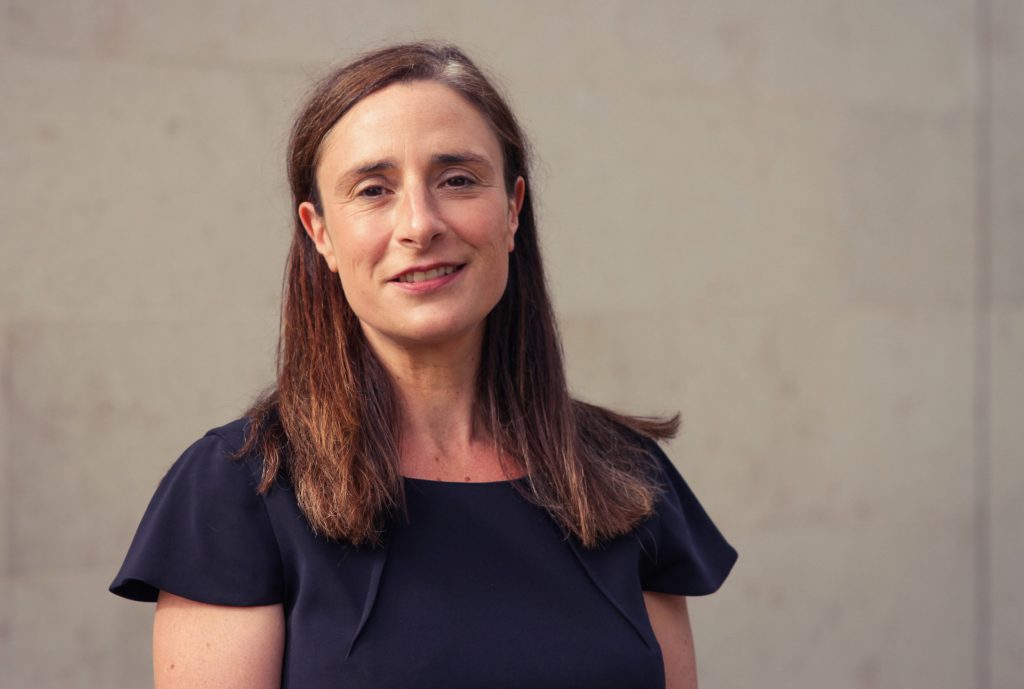
- Households that say they ‘live for today’ have just £137 left over at the end of the month, while those who consider the future have an average of £269.
- Only 20% own a home, compared to 35% who think about the future.
- Just 30% are on track for a moderate pension income, compared to 45% of those who have an eye on the future.
- They have £3,961 in savings accounts, compared to £8,170 among those who consider the future too.
- Just 35% have enough life insurance to protect their family (compared to 45%).
Figures from the HL Savings & Resilience Barometer, produced with Oxford Economics in July 2024.
Sarah Coles, head of personal finance, Hargreaves Lansdown:
“Never trust anything you see on an inspirational poster. Following the suggestion to ‘live for today’ is one of the worst pieces of advice you could get – at least when it comes to your finances, because it comes at a horrible cost.
The HL Savings and Resilience Barometer looks at every aspect of our finances, and breaks it down according to whether we say we live for today, or whether we have at least one eye on the long term. Those who focus on today, and engage in an endless battle to avoid FOMO, are less resilient in almost every way.
Just two fifths have enough cash at the end of the month to be resilient (41%) – compared to more than half (52%) of those who consider the future. But it’s not just today that’s affected. They’re less likely to be prepared to put money away to hit life’s milestones. It means fewer of them own their own home. They’re also falling short when it comes to retirement savings.
They’re more vulnerable to nasty surprises too, because they haven’t planned for them. They’re less likely to have the recommended level of at least three months’ worth of essential expenses in a savings account for emergencies. Only 51% have enough savings, compared to 71% who consider the future. They have less life insurance cover too – which could leave their family in an incredibly difficult position financially if they were to pass away.
The solution doesn’t mean resigning yourself to daily misery in the hope that one day life will be less awful. In any case, it’s not sustainable, because nobody wants to live in a constant state of self-denial. As in all things, a reasonable balance is the most sensible approach.
The right solution starts with a monthly budget. This will let you set aside the money you need for the absolute essentials and then add in the key foundations of your finances. This should include paying down expensive short-term debts, building an emergency savings safety net, and putting the right protections in place. You also need to consider the future, and whether you’re on track for key goals in life – like buying a house or retiring. It means considering pensions and stocks and shares ISAs along the way too. The money you have left over is for those ‘nice-to-haves’, so you can balance the things that make life worthwhile today with those that’ll be vital in the years to come.”





